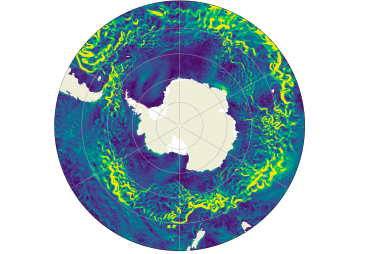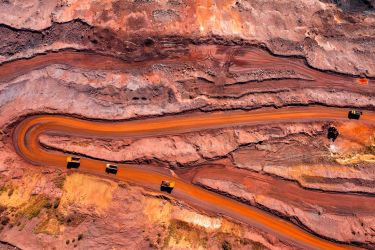Emissions

Sciences & Technology
The world’s most powerful ocean current could slow by 2050
New research finds the more Antarctic ice melts, the more the ocean is flooded by melt water, the more the Antarctic Circumpolar Current is likely to slow down – creating a vicious climate change cycle

Environment
How bots are driving the climate crisis and how we can solve it
The internet now makes up around 7.4 per cent of global emissions – with half of that made up of bots. But it’s possible to track the perpetrators of bot-related energy waste

Environment
Opinion
Our deadly commitment to fossil fuels just keeps going
The government’s new gas strategy not only continues the extraction of carbon in the form of methane, but expands it

Environment
Climate justice at COP27
The as-yet-unmet costs of climate change adaptation and escalating disaster recovery are likely to be the key issues at COP27

Environment
Australia given serious health warning on climate change
Research monitoring the health impact of climate change highlights the escalating global emergency and the threat to the Australian way of life.

Environment
Tougher environmental policies can create economic winners
There seems to be a working assumption that if Australia adopts tougher environmental policies, our economic growth will be undermined. But new research finds the opposite is true

Environment
Creating clean transport fuels from waste
By extracting biofuel from agricultural and urban waste, researchers hope to create a low-cost, zero emission transport fuel for the future

Environment
Who’s running late for the Paris Agreement?
In order to limit global warming to 2°C above pre-industrial levels, should countries lower their emissions’ target to meet their climate change commitments?

Health & Medicine
Are Australia’s roads giving you asthma?
New research finds that living close to a major road increases your risk of asthma in middle age by around 50 per cent

Environment
A long climatic affair
The first extensive retrospective of our climate history has traced the human fingerprint on record-breaking hot temperatures as far back as the 1930s